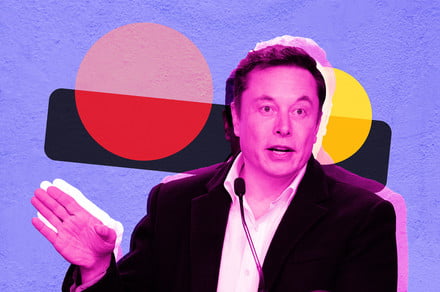SpaceX’s Starlink service is already serving more than 10,000 people with broadband beamed down from space.
Elon Musk, the chief of California-based SpaceX, has just revealed how he sees the $10 billion project progressing over the next couple of years as the company continues with regular rocket launches to deploy its Starlink satellites in low-Earth orbit. More than 1,000 of the small satellites are already in operation high above the clouds.
SpaceX said recently that the current beta service offers folks in parts of the U.S., Canada, and U.K. internet speeds of around 100 megabits per second (Mbps), but in a tweet posted on Monday, February 22, Musk said this should increase to 300 Mbps later this year. This may not be the kind of super-fast speed that some people are already enjoying, but as Musk points out, it’s a clear improvement on the kind of speeds experienced by many people living in the low-to-medium population density areas that Starlink has in its sights.
Musk added that Starlink’s latency — the time it takes for data to transfer between its original source and its destination — should improve to around 20 milliseconds “later this year.” That’s twice as fast as some of Starlink’s beta customers are thought to be currently experiencing.
The SpaceX boss also believes that by the end of this year his rocket company will have deployed enough Starlink satellites to provide “most of Earth” with some degree of internet service, with the entire planet covered at some point in 2022. “Then it’s about densifying coverage,” Musk said.
Most of Earth by end of year, all by next year, then it’s about densifying coverage.
Important to note that cellular will always have the advantage in dense urban areas.
Satellites are best for low to medium population density areas.
— Elon Musk (@elonmusk) February 22, 2021
SpaceX began a low-key beta test of the $99-a-month service for select users in the summer of 2020. Earlier this month it opened it up to more people by accepting online applications via its website.
The private space company says the aim of its ambitious Starlink project is to offer “fast, reliable internet to locations where access has been unreliable, expensive, or completely unavailable.”
The initiative has the potential to turn into a big money-spinner for SpaceX, too, with Musk suggesting in 2019 that Starlink could eventually generate up to $50 billion in annual revenue if it can secure even just a few percent of the global telecommunications market.

